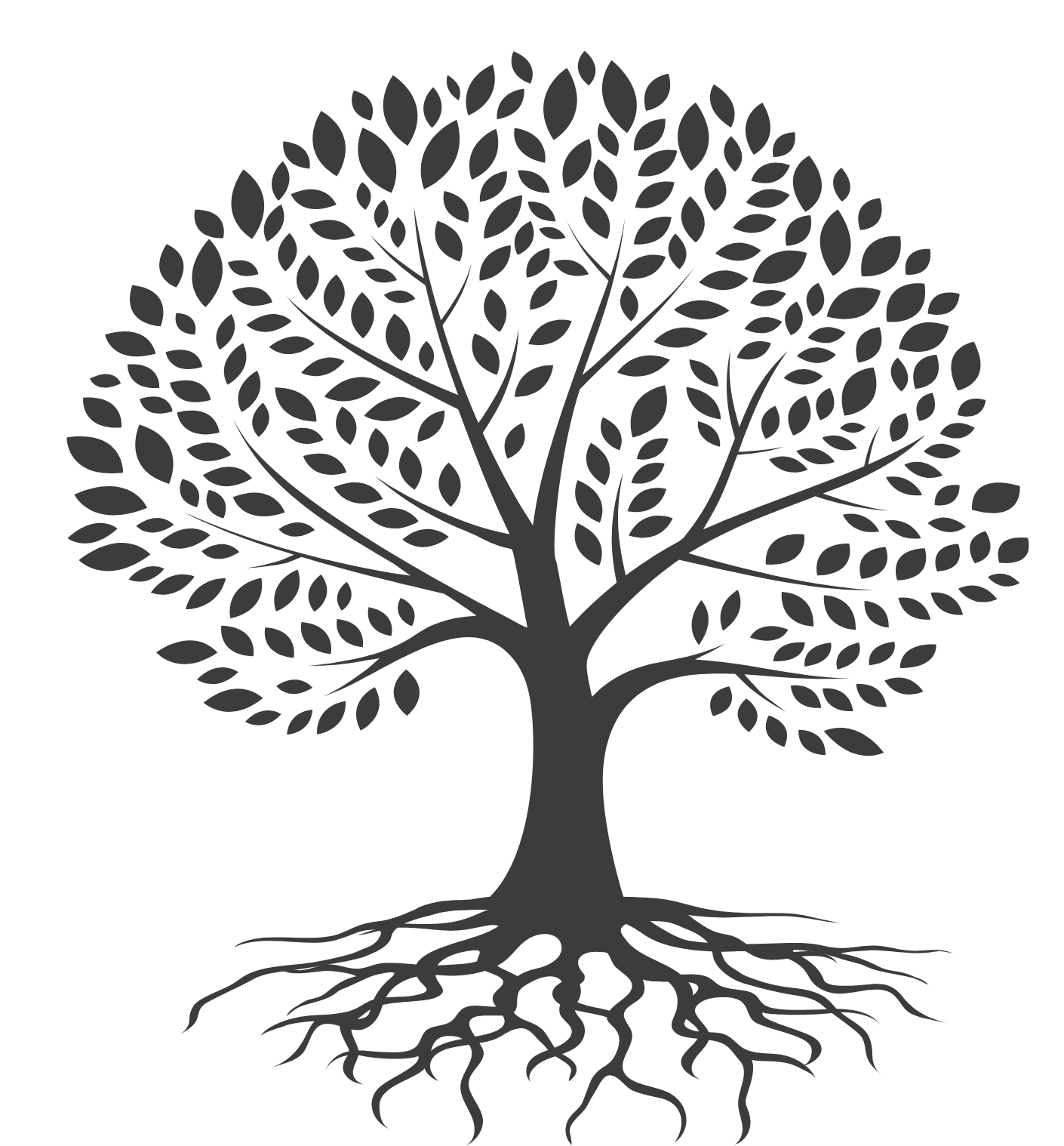Hey there, fellow history detectives! Are you curious about your family's origins and eager to dig deeper into your family tree? Well, you're in luck! In this three-part blog series, we'll embark on an exciting journey into the world of genealogy and family research. Grab a cup of coffee, put on your detective hat, and let's dive in!

Part 1: Getting Started
- The Fascinating World of Genealogy: Genealogy is like a captivating puzzle where you get to trace your family's history through time. It's a way to uncover the stories of your ancestors, understand your cultural heritage, and discover connections to distant relatives you never knew existed. So, let's roll up our sleeves and get started!
- Start with What You Know: The key to successful genealogy research is building a strong foundation. Begin by gathering information from your immediate family members. Talk to your parents, grandparents, aunts, uncles, and cousins. They can provide valuable details such as names, birthdates, marriages, and memorable stories that will be the cornerstone of your journey.
- Document and Organize: As you collect information, it's crucial to keep it well-documented and organized. Create a family tree using online platforms like Ancestry.com or MyHeritage.com, or even a simple pen and paper. This visual representation will help you understand the relationships between different family members and identify missing links in the future.
- Online Research: The internet is a treasure trove of genealogical resources. Start exploring websites like FamilySearch, Ancestry, and Findmypast. These platforms offer access to historical records, census data, immigration records, and much more. Don't forget to cross-reference information and verify facts to ensure accuracy.
- Interview Relatives: Besides online research, don't underestimate the power of good old-fashioned conversation. Schedule interviews with older family members and ask open-ended questions about their memories, traditions, and family stories. These personal accounts can provide insights that might not be found in official records.
- Local and Regional Resources: In addition to online databases, local and regional resources can be a goldmine for genealogical research. Visit local libraries, historical societies, and archives. They often hold records related to births, marriages, deaths, land ownership, and local newspapers. Librarians and archivists are usually more than willing to guide you in your search.
Congratulations! You've taken your first steps into the captivating world of genealogy and family research. In Part 2 of this blog series, we'll delve deeper into advanced research techniques, DNA testing, and how to overcome common challenges on your ancestral quest. So, stay tuned, fellow history enthusiasts, as we continue our journey to uncover the secrets of our past.
If you're eager to explore the fascinating realm of mapping your ancestors' journeys and uncovering the hidden connections within your family history, I invite you to check out my eBook, "Mapping Generations: Uncovering Your Family's Legacy." This comprehensive guide provides valuable insights, practical tips, and step-by-step instructions on using maps to enhance your genealogical research. Visit "Mapping Generations" to grab your copy and embark on a new dimension of discovering your family's history.
Remember, genealogy is an ongoing adventure, so continue to explore, question, and uncover the stories hidden within your family's past. Happy researching and mapping your generations!



Comments ()